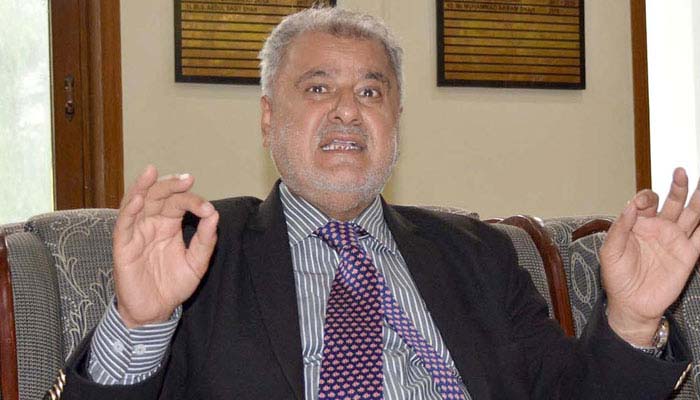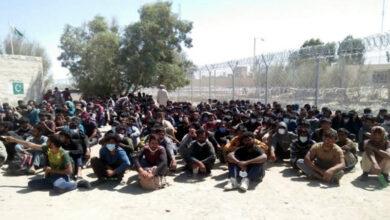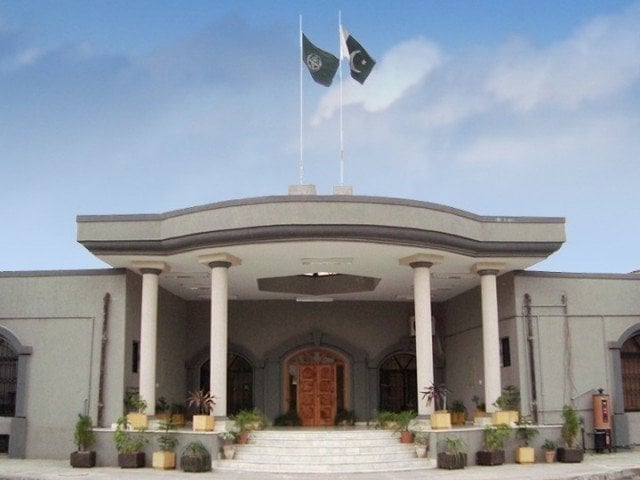Former Supreme Court Bar Association President Criticizes Provincial Leadership and Calls for Reconciliation

Quetta:Former President of the Supreme Court Bar Association, Amanullah Kunarani, has expressed grave concern over the current state of affairs in Balochistan, condemning the provincial leadership for their handling of the situation.
In a recent statement, Kunarani highlighted the disturbing scenario where the Chief Executive of the province, along with his cabinet, is reportedly confined within their own quarters, while issuing threats to the unarmed populace, warning them against taking to the streets. Kunarani criticized this approach, noting that unlike Sri Lanka, where citizens have resorted to armed resistance, Balochistan remains largely peaceful. However, he pointed out that the government forces, dressed in civilian attire and armed with vehicles, have created a tense environment on the streets.
Kunarani drew historical parallels, referring to past military leaders such as General Tikka Khan and General Amir Abdullah Khan Niazi, who were notorious for their harsh tactics, resulting in disastrous outcomes for Pakistan. He recalled how their actions contributed to severe consequences in Bengal, and similarly, the use of force in Sri Lanka, while curbing terrorism, failed to foster reconciliation, leading to the country’s downfall.
He urged the Chief Minister and his cabinet to adopt a more compassionate and reconciliatory approach towards their own people. Kunarani emphasized that rather than treating citizens as adversaries, the leadership should engage in respectful and humane dealings. He also called for a thoughtful resolution to the issues in Gwadar and suggested that the government demonstrate wisdom by addressing the grievances of the affected families in Nushki, extending condolences and seeking forgiveness from both workers and the public.
Kunarani’s statement reflects a deep concern for the social and political stability of the region, urging the authorities to shift towards a more empathetic and constructive approach to governance.






